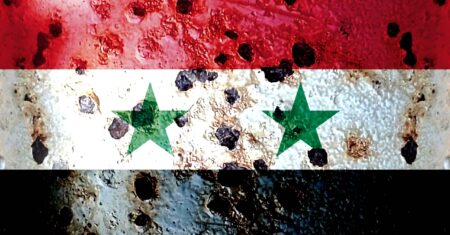The mayor of the largest Druze town on the Golan Heights at the weekend offered scathing criticism of a recent UN Economic and Social Council statement that accused Israel of negatively impacting the living conditions of “occupied” populations.
In typical fashion, the UN last month decried what it called the “economic and social repercussions of the [Israeli] occupation on the living conditions of the Palestinian people in the occupied Palestinian territories, including East Jerusalem and the Arab population in the occupied Syrian Golan.”
Dulan Abu-Saleh, the mayor of Majdal Shams, the largest Druze town in the Golan, called the charge “laughable.”
“I don’t understand what they’re talking about,” Abu-Saleh told the Israeli newspaper Makor Rishon. “Although we weren’t included in some major cabinet decisions on budgets, when we build and make up plans we never felt discrimination. On the contrary, we always found an attentive ear.”
And that despite the fact that the vast majority of the Golan’s 20,000 Druze are not Israeli citizens, though they have all had the option of becoming citizens ever since Jerusalem annexed the Golan in 1981.
For decades, the Golan Druze, while enjoying a good life within the borders of Israel, put on a facade of wanting to return to Syria, constantly fearful that a future peace agreement could put them back under the thumb of Damascus.
With the eruption of the Syrian civil war in 2011, attitudes began to change, and hundreds of additional Golan Druze have applied for citizenship, while a growing number now openly acknowledge that they prefer to remain part of Israel.
“No one wants to see Syria here,” Karim Batkhish, a resident of the Druze town of Masa’ada, told the newspaper.
Originally posted at Israel Today Magazine.




